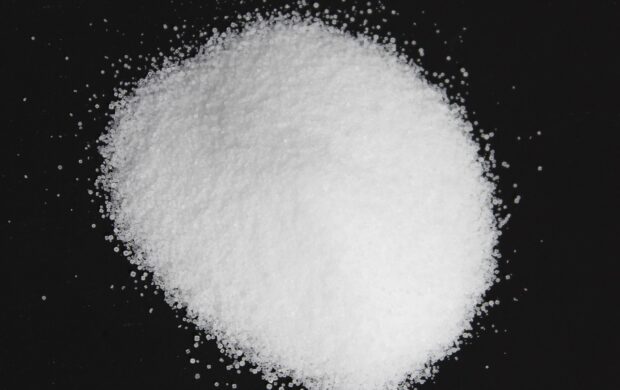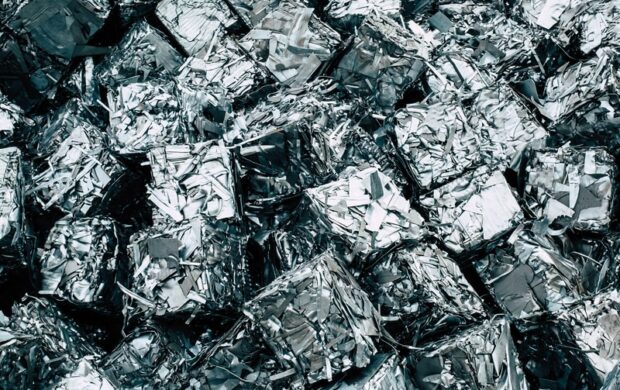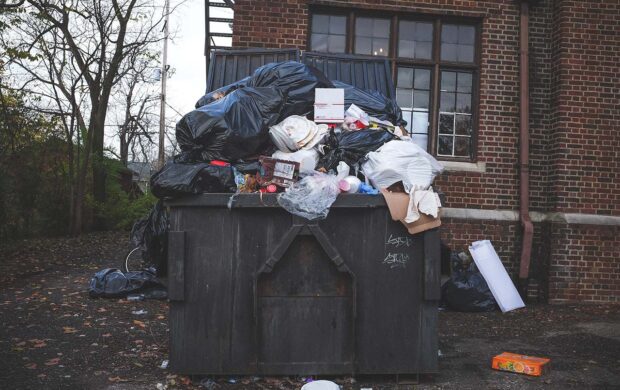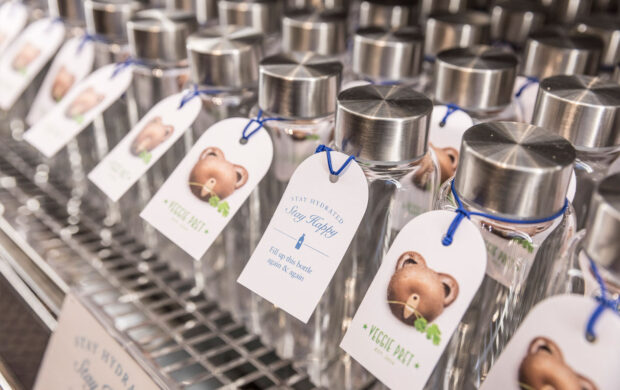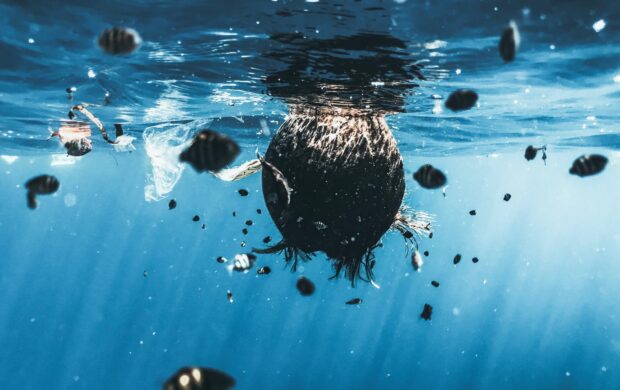Microplastic contamination has been found in tap water in countries around the world, leading to calls from scientists for urgent research on the health implications. Tap water samples from more than a dozen countries were analysed by scientists for an investigation by Orb Media, who shared the findings with the Guardian.
Estimates suggest that 300 million tons of plastic is produced annually. With particles of plastic entering the water system in multiple ways, from washing synthetic fibre clothing, to tire dust, to microbeads as well as fragmenting from larger pieces. We know oceans are awash with plastic, from the deepest pacific to remote Arctic coast; previous attention has been focused on the effects of plastics on marine life. Studies found that 1/3 of fish caught in the UK contain micro-plastics, meaning plastics are entering into the human food chain. However, this new research has uncovered that the extent of plastic in drinking water which was not widely known.

